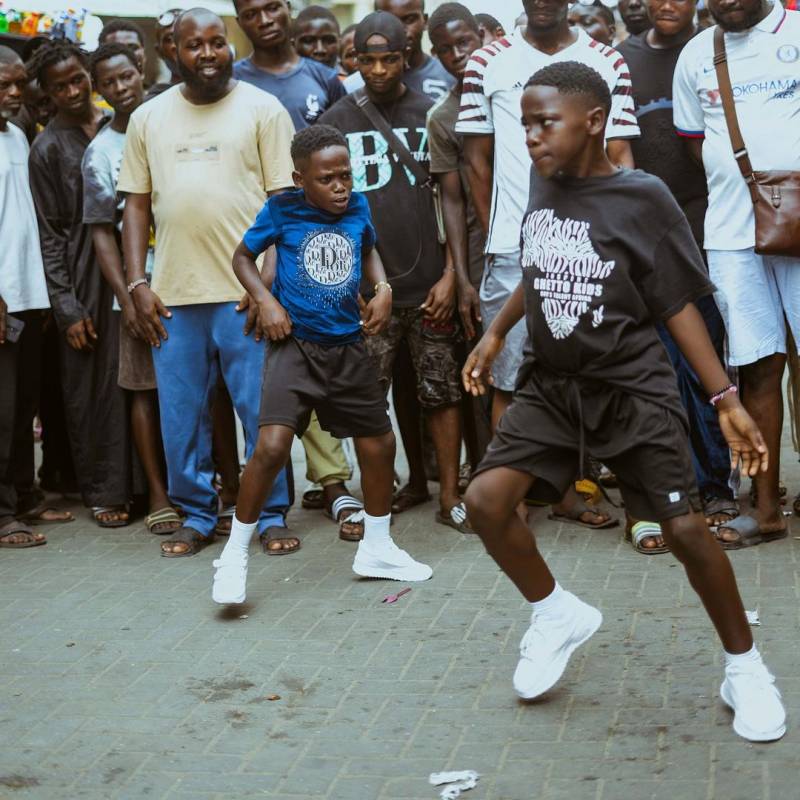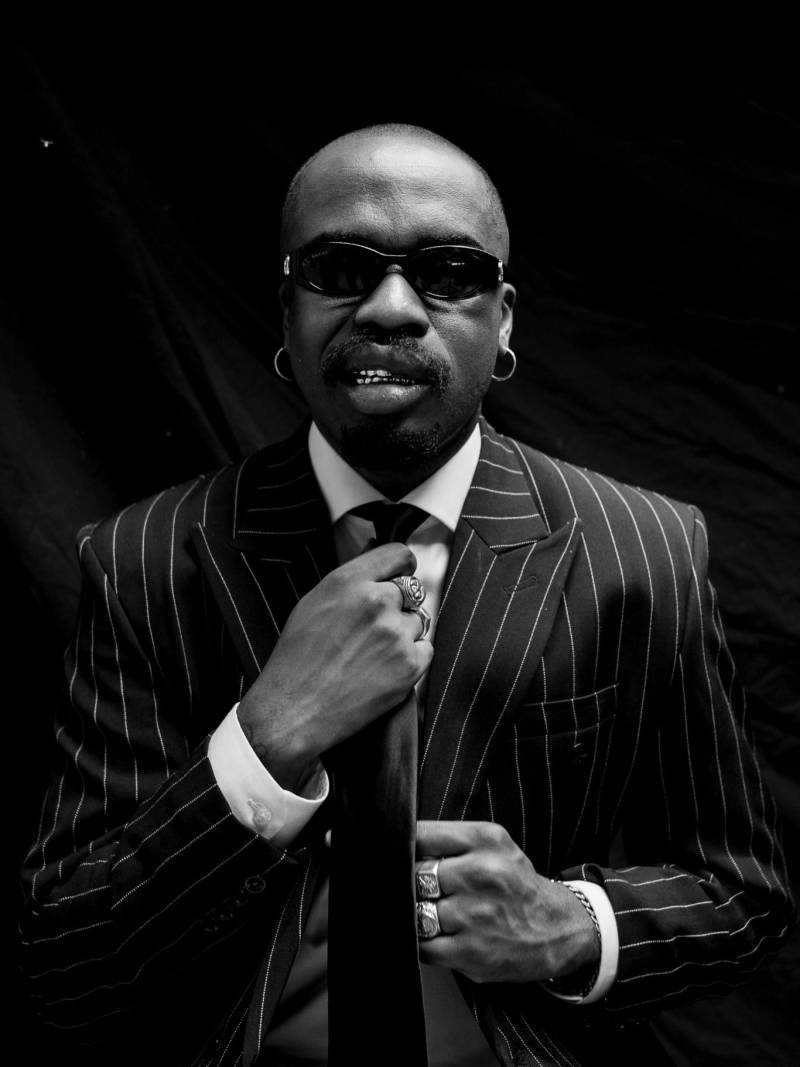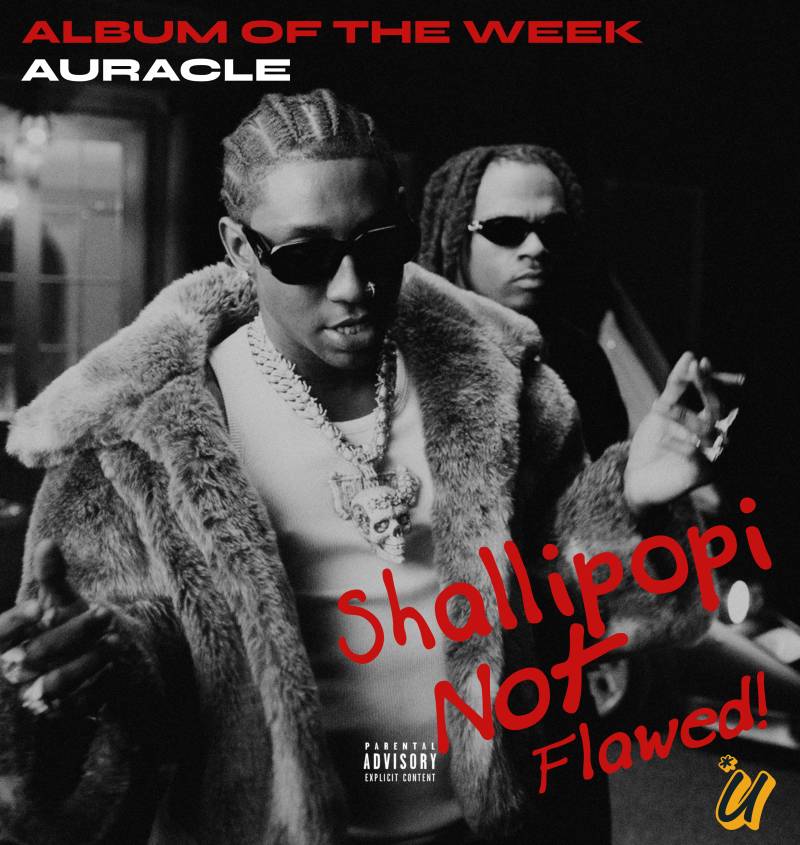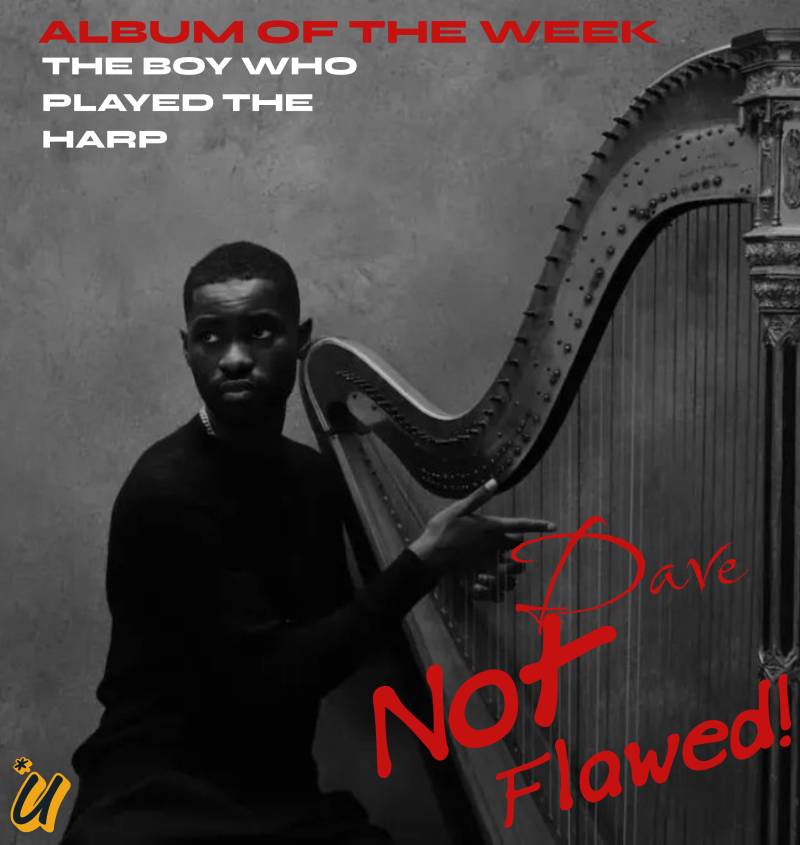Africa is always beckoning when you're Black in the diaspora.
As a Canadian with Jamaican ancestors, I've been summoned to various sections of the homeland at various times. My long-distance crush, though, has been Nigeria, which I plan to visit in 2022.
Nigerians are known as the "Jamaicans of Africa," so it's no surprise that Africa's most populous country has enchanted me like none other than my parents' birthplace. That comparison isn't always meant as a praise to either country's brilliant citizens, but when one group dominates beyond reason—in sports, music, cinema, or swag—they learn to lean into the shadows.
The comparison is even more fitting because I have a familial pull to the region: recent genetic testing has revealed my ancestry to be not just overwhelmingly West African, but 40 to 53 percent Nigerian.
But even before that discovery, it was the country’s globally exported arts and culture that won my affection.
It began with the extracurricular reading list I followed as a freshman English major disillusioned with the homogenous university syllabus. Nigerian authors Chinua Achebe and Buchi Emecheta enthralled me with their insights about Africa's biggest country: its journey from colonialism to independence; its struggles over women’s rights; its ethnic and religious diversity, a land where more than 500 languages are spoken.
A decade later, in the early 2000s, Chimamanda Ngozi Adichie’s compelling, feminist-centered novels like Half of a Yellow Sun, amplified that interest. I wanted to live like her characters and sip mango-orange juice at bookstore cafes in Lagos (Nigeria’s largest city). I wanted to explore the swish boutiques and white-sand beaches. I wanted to visit popular spots like the famous Balogun Market, Tinubu Square Fountain Park, and National Art Theatre. I even wanted to see the infuriating city traffic.
These days, it’s the Nigerian music that calls to me and the chance to bring my soundtrack to life that’s most inviting.
Once I’d learned about Nigerian afrobeat pioneer Fela Kuti, I followed the commanding drumbeat to afropop, highlife, and jùjú. From there I expanded to discover other legendary Nigerian musicians like King Sunny Adé and Ebenezer Obey.
And I’m not the only one. In recent years, pop music’s biggest stars—Drake, Beyoncé, Justin Bieber—have jumped on the afrobeats bandwagon and harnessed the international appeal of Nigerian music.
The glossy music videos I tune into at home showcase Nigeria’s exuberance, and tempt me with colorful fashions, bold contemporary art, and innovative architecture. Instagram and the plethora of Netflix viewable movies from Nollywood—the Nigeria-and-Hollywood name blend originally given to the world's second-largest film industry—only fan the flames.




